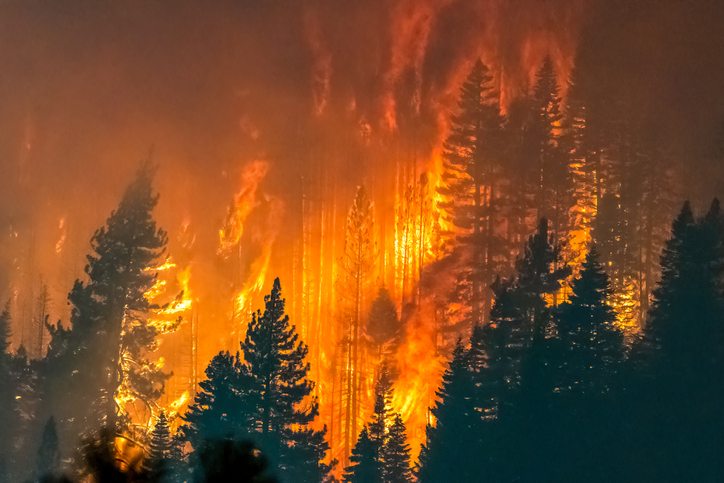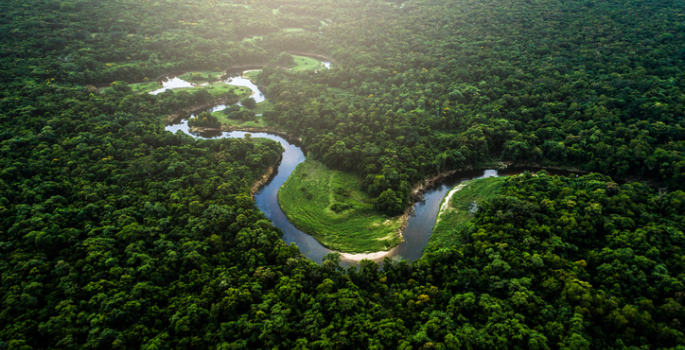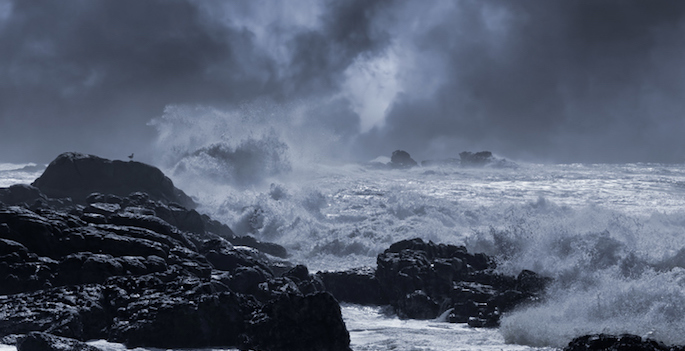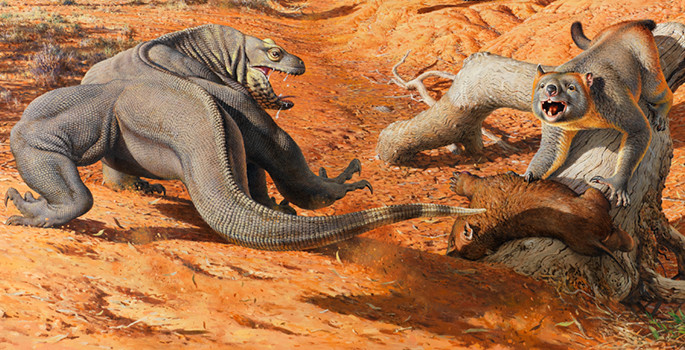Climate
-

Vanderbilt creates Center for Sustainability, Energy and Climate
Vanderbilt University will harness its global expertise in scientific discovery, technological innovation, public policy, law and education to launch the Vanderbilt Center for Sustainability, Energy and Climate (VSEC). The multimillion-dollar investment follows a recommendation by an interdisciplinary working group to address the crucial societal challenge of ensuring a sustainable world. Read MoreApr 1, 2024
-

Vanderbilt contributes civil engineering and operational expertise to Nashville mayor’s climate adaptation and resilience plan
The Wond’ry’s Jaclyn Mothupi and School of Engineering’s Janey Camp contribute to Metro Nashville climate adaptation and resilience plan that prioritizes all Nashvillians. Read MoreSep 21, 2023
-

Vanderbilt launches Center for Research on Inequality and Health to study causes and consequences of health-related inequalities
Supported by Discovery Vanderbilt and a collaboration between the College of Arts and Science and the School of Nursing, the center will deepen society’s understanding of the causes and consequences of health-related inequalities. An event marking the center’s launch will take place on Monday, Sept. 18. Read MoreSep 6, 2023
-

Vanderbilt University’s Ralf Bennartz to lead NASA mission to study ice clouds
Vanderbilt University, led by Professor Ralf Bennartz, will lead a NASA satellite mission investigating Earth's high-altitude ice clouds, backed by a robust grant of $37 million. This endeavor, leveraging the university's climate research expertise, will provide opportunities for student involvement and bolsters Vanderbilt's position in global climate research. Read MoreMay 25, 2023
-

New technique unlocks ancient history of climate and wildfires recorded in California cave rocks
With a newly developed technique, Vanderbilt professor Jessica Oster is revealing how prehistoric climate change shaped fire activity in California. Read MoreJan 23, 2023
-

How carbon labels can aid in the fight against climate change
Research shows that carbon labels can be effective in changing corporate as well as consumer behavior, as corporations adjust their carbon footprint with the dual goals of increased efficiency and improved reputation. Read MoreJan 27, 2022
-

Research Snapshot: Producing green fuel, and more rapid determination of the biological consequences of gene editing
Vanderbilt researchers examine how to rapidly characterize the biological impact of genetic editing on bacteria for energy production, drug discovery and more. Est. reading time: 2.5 mins. Read MoreDec 13, 2021
-

Renowned climate scientist Carlos A. Nobre to deliver Earth Day lecture April 21
Climate scientist Carlos A. Nobre, who is renowned for his work on the impact of Amazon deforestation, will deliver the 2021 Earth Day Lecture on Wednesday, April 21, at 1 p.m. CT. Nobre’s talk is part of a joint venture by the Vanderbilt Evolutionary Studies Initiative and the Center for Latin American Studies to highlight science in Latin America. Read MoreApr 12, 2021
-

Evidence suggests climate whiplash may have more extremes in store for California
Vanderbilt paleoclimatologists deploy first calcium isotope analysis of North American stalagmite to show how past weather extremes may predict events in California. Read MoreFeb 24, 2021
-

Climate change helped kill off super-sized Ice Age animals in Australia
A new study has compared the diet of a variety of Australian megafaunal herbivores from the period when they were widespread (350,000 to 570,000 years ago) to a period when they were in decline (30,000 to 40,000 years ago) by studying their fossil teeth. The analysis suggests that climate change had a significant impact on their diets and may well have been a primary factor in their extinction. Read MoreJan 26, 2017